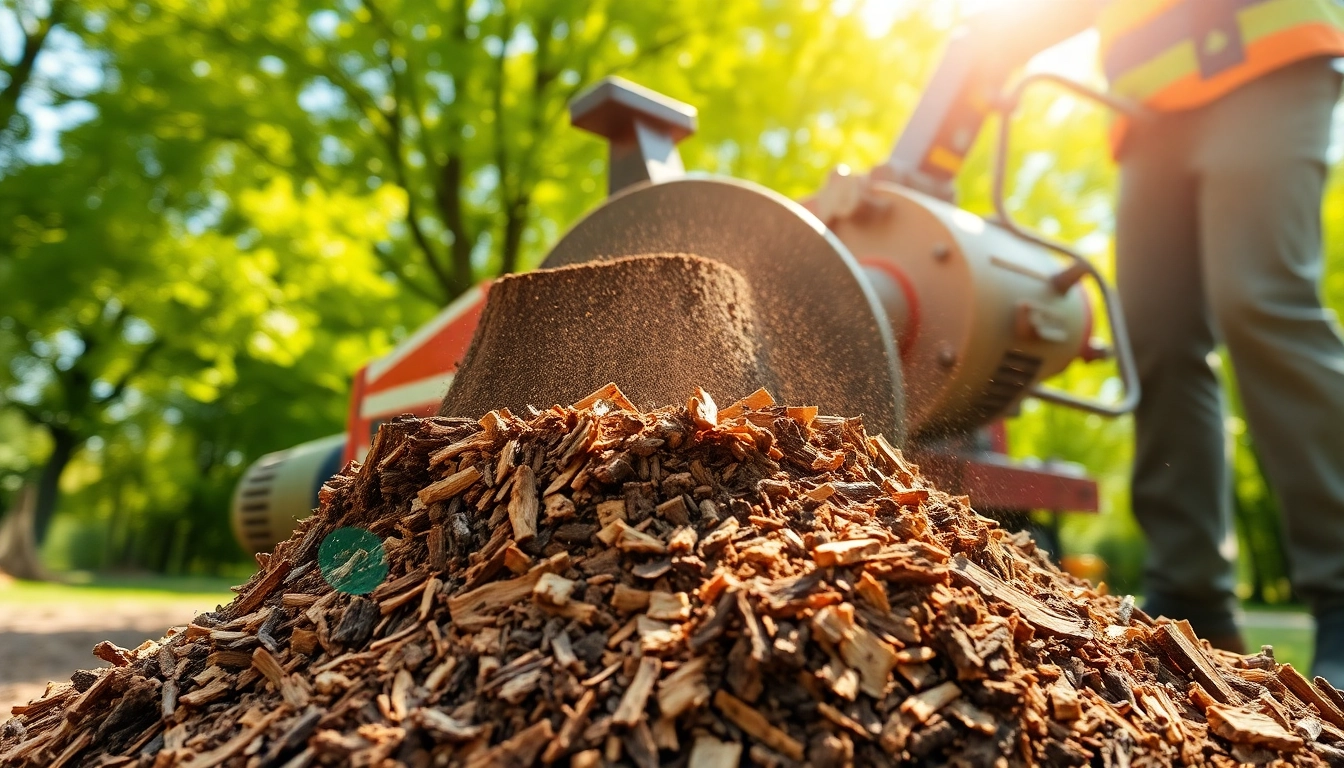Understanding Automatic Bioethanol Fireplaces
What is an Automatic Bioethanol Fireplace?
An automatic bioethanol fireplace is a modern solution that integrates clean-burning bioethanol fuel into a sleek design, providing both warmth and ambiance without the need for traditional wood or gas. These fireplaces are engineered to operate without a chimney, making them a practical option for various living spaces. Unlike conventional fireplaces, which can require a significant amount of maintenance and fuel logs, automatic bioethanol fireplaces allow for easy ignition and flame control, often utilizing remote controls or smartphone applications for user convenience.
How Do They Work?
Automatic bioethanol fireplaces operate on the principle of combustion of bioethanol, which is derived from fermented sugarcane or corn. The process begins when you fill the designated fuel compartment with bioethanol. The unit then utilizes electronic ignition systems that automatically light the fuel once activated. Many models feature smart technology that connects to home automation systems, allowing users to manage their fireplaces with voice commands or through mobile applications. The systems are equipped with safety features such as flame sensors that automatically shut off the fuel supply if the flame goes out, ensuring that they operate safely in any setting.
Benefits Over Traditional Fireplaces
Automatic bioethanol fireplaces provide numerous benefits when compared to traditional options:
- Ease of Use: These fireplaces can be started at the push of a button or via a smartphone app, making them extremely user-friendly.
- Environmentally Friendly: They produce a minimal amount of smoke and do not emit harmful particulates, making them a greener choice for heating.
- Versatility: As they do not require a venting system, they can be installed in virtually any indoor or outdoor location.
- Design Aesthetics: With a variety of sleek designs, automatic bioethanol fireplaces can enhance the décor of any space, from modern homes to classic interiors.
- Low Maintenance: Unlike wood or gas fireplaces, they require minimal cleaning and no ash disposal.
Key Features to Consider
Safety Features and Sensors
When selecting an automatic bioethanol fireplace, safety should be paramount. Look for models that include:
- Flame Sensors: These sensors detect if the flame is extinguished and will automatically cut off the fuel supply.
- Auto Shut-Off: Many units feature a timer or motion sensor that turns off the fireplace after a set period or if no one is in the room.
- Carbon Dioxide Detectors: More advanced models feature carbon dioxide detectors to alert users when levels may be hazardous.
Control Options: Remotes and Apps
The smart capabilities of automatic bioethanol fireplaces enhance user experience through various control mechanisms:
- Remote Controls: Most models come with remotes to control ignition, flame height, and heat settings without leaving your seat.
- Smartphone Apps: Many brands offer proprietary apps that enable remote ignition, monitoring, and adjustment of flame settings from anywhere.
- Voice Activation: Integration with smart home devices allows users to control their fireplace using voice commands, providing maximum convenience.
Design Variations for Every Home
Automatic bioethanol fireplaces come in various styles to suit different aesthetic preferences and functional needs:
- Wall-Mounted Designs: Perfect for minimalistic spaces, these models are mounted on walls, offering a sleek look and saving floor space.
- Freestanding Models: These fireplaces are portable and can be placed anywhere, making them versatile for various room arrangements.
- Built-In Fireplaces: For a more permanent installation, built-in options are crafted into architectural features, becoming a stunning focal point in living areas.
Installation and Maintenance
Guidelines for Installation
Installing an automatic bioethanol fireplace is usually straightforward due to the absence of venting systems. Here are essential steps:
- Select the Location: Choose a spot away from flammable materials, ensuring there’s ample space to enjoy the flames safely.
- Read the Manual: Each model comes with specific installation instructions that should be followed precisely for optimal safety and performance.
- Prepare the Surface: Ensure the surface is level and that there’s a non-flammable base if required by the manufacturer.
- Connect Power (if needed): For models that require power, ensure the setup is done safely and in accordance with local codes.
- Secure Any Loose Components: Ensure all components of the fireplace are tightly secured before use.
Routine Maintenance Tips
Maintaining your automatic bioethanol fireplace is relatively low-effort, but a few practices can ensure it lasts longer:
- Clean the Glass: Regularly clean the glass panes to keep the view unobstructed and maintain aesthetics.
- Check for Leaks: Before filling with fuel, check that there are no leaks or cracks in the container, as this can be hazardous.
- Inspect Safety Features: Regularly test any safety sensors and features to ensure they are functioning correctly.
Common Mistakes to Avoid
To ensure safety and effectiveness, avoid these common pitfalls:
- Ignoring Manufacturer Instructions: Each model has unique features and guidelines that must be followed.
- Overfilling the Fuel Tank: Fill only to the recommended level to prevent spillage and ensure safe operation.
- Neglecting Safety Features: Always utilize safety features to prevent potential accidents.
Costs and Value Assessment
Price Range of Automatic Bioethanol Fireplaces
The price for automatic bioethanol fireplaces can vary significantly based on features, brand, and design. Generally, you can expect:
- Basic Models: Ranging from $400 to $700, these usually lack sophisticated controls but offer reliable performance.
- Mid-Range Options: Priced between $700 to $1500, these often include remote controls and additional safety features.
- High-End Models: For premium options, costs can exceed $1500, featuring integrated smart technology and unique designs.
Comparing Costs to Traditional Options
While the upfront cost of an automatic bioethanol fireplace may be higher than traditional wood-burning or gas fireplaces, several factors enhance their value directly:
- No Installation Costs: Since they do not require chimneys or extensive venting, installation expenses are often lower.
- Energy Efficiency: Bioethanol burns efficiently, meaning less fuel required for the same warmth compared to wood burning.
- Long-Term Savings: The low maintenance requirements lead to fewer costs over time, further enhancing overall value.
Long-term Benefits of Investing
Choosing an automatic bioethanol fireplace can lead to various long-term advantages:
- Enhanced Property Value: Having a modern fireplace can increase the aesthetic appeal of homes, potentially improving resale value.
- Environmental Impact: As eco-friendly heating solutions, they contribute less to environmental pollution and align with green living principles.
- Comfort and Aesthetics: They provide an ambiance that elevates the experience of home living, ultimately encouraging relaxation and enjoyment.
Popular Models and Recommendations
Top Brands in Automatic Bioethanol Fireplaces
Several prominent brands dominate the automatic bioethanol fireplace market, known for their reliability and innovative designs:
- Planika: A leader in bioethanol technology, known for high-quality and design-driven options.
- Ignis Products: Offers a wide range of models, including smart features compatible with home automation systems.
- AFIRE: Renowned for sophisticated aesthetic designs and advanced safety features.
User Reviews and Insights
Before purchasing, gathering user feedback is essential for ensuring a model meets your needs. Look for reviews focusing on:
- Ease of installation and setup.
- Overall satisfaction with flame quality and ambient warmth.
- Customer service experiences for different brands.
Where to Buy: Online and Local Retailers
You can purchase automatic bioethanol fireplaces from various retailers, both online and in-store. Popular options include:
- Specialty Fireplace Stores: These often provide knowledgeable staff who can guide you through various options.
- Online Marketplaces: Websites like Amazon and Wayfair typically have a wide selection, customer reviews, and often competitive pricing.
- Brand Websites: Often provide the most up-to-date information on models, technology, and sometimes exclusive sales.



